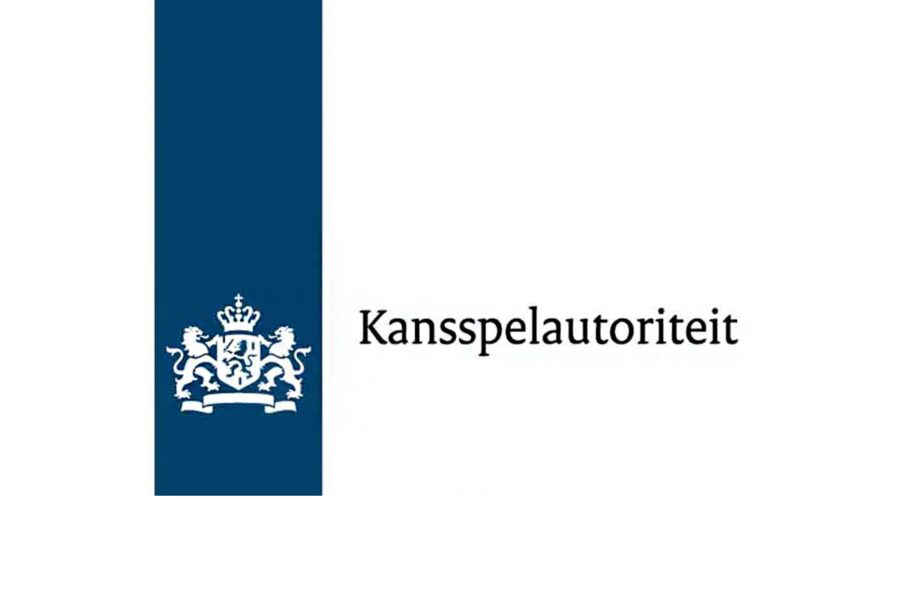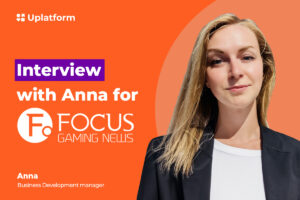KSA makes names new joint chairs for Objections Advisory Committee

The Dutch regulator has split the role between two people.
The Netherlands.- The Dutch gambling regulator Kansspelautoriteit (KSA) has appointed new joint independent chair for its Objections Advisory Committee. The role will be split between Adriane Koppe and Monique van Oers, who will both serve three-year terms.
They will replace J.M.E. Feije, whose tenure expires this month. The KSA said it had decided to split the role between two people because a rise in the number of sanctions had led to more objection procedures to be dealt with.
Knoppe lectures in constitutional and administrative law at The Hague University of Applied Sciences. Van Oersos is director of legal affairs at the Dutch Authority for Consumers and Markets.
KSA chairman René Jansen said: “We are pleased to have found two worthy successors for J.M.E. Feije, and thank her for her valuable efforts. We consider ourselves very fortunate to have these two knowledgeable and experienced chairmen for our objection procedures.”
Earlier this week, the KSA has warned two lottery operators in the Netherlands to stop offering online games not covered by their licences. It said that it will slap periodic fines on Postcode Loterij and VriendenLoterij if they continue to offer the online games.
The regulator said that Dutch lottery licences did not permit the operators to offer games such Postcode Loterij’s Deal or No Deal or VriendenLoterij‘s Millionaires. It said the fines would be €250,000 per week up to a maximum of €1m.
KSA clarifies rules for the Netherlands’ ban on gambling ads
The KSA has clarified the rules that will come into force with the implementation of the Netherlands’ ban on gambling advertising from July 1. The KSA said it would be monitoring compliance with the rules.
The Dutch ban prohibits all gambling advertising on television, radio, newspaper, magazines and in public places such as on billboards or bus stops. The ban on advertising in public places also includes publicly accessible buildings, including gaming venues such as casinos and slots arcades.
Online advertising will still be permitted provided that it is “targeted”. This may be by direct mail on online gambling websites or via on-demand TV or social media. In these cases, gaming licensees have a “best efforts obligation” to take measures to prevent young people or vulnerable groups from seeing the adverts.











